Handling finances can be quite challenging. Therefore, it is important to develop a budgeting habit as early as possible. It saves you from overspending and the stress of not knowing where your money went every month-end. However, the budgeting process is prone to mistakes, as well.
It’s nearly impossible to create a budget that will tick all the boxes and be perfect for your lifestyle and preferences right off the bat.
In this post, you will learn the most common budgeting mistakes and how to fix them. Ideal for those who have just started out exploring money management and want to avoid pitfalls as much as possible.
Mistake #1: Lacking Motivation

There must be a reason you want to start or have started taking a closer look at your finances. Your “why” can be anything in the world: to buy a house, travel, save for retirement—whatever it is, you must establish what you want to work towards.
Following the budget itself is one of the biggest problems when budgeting, especially for beginners. If you don’t have a goal, you would most probably face difficulties sticking with your plans because then, you won’t have the drive to keep you motivated to accomplish your targets.
How to Fix it:
Set specific and time-bound objectives. For instance, aiming to save 350 dollars a month for your kid’s college fund is better than merely saying “save for college funds.”
Mistake #2: Ignoring your Budget
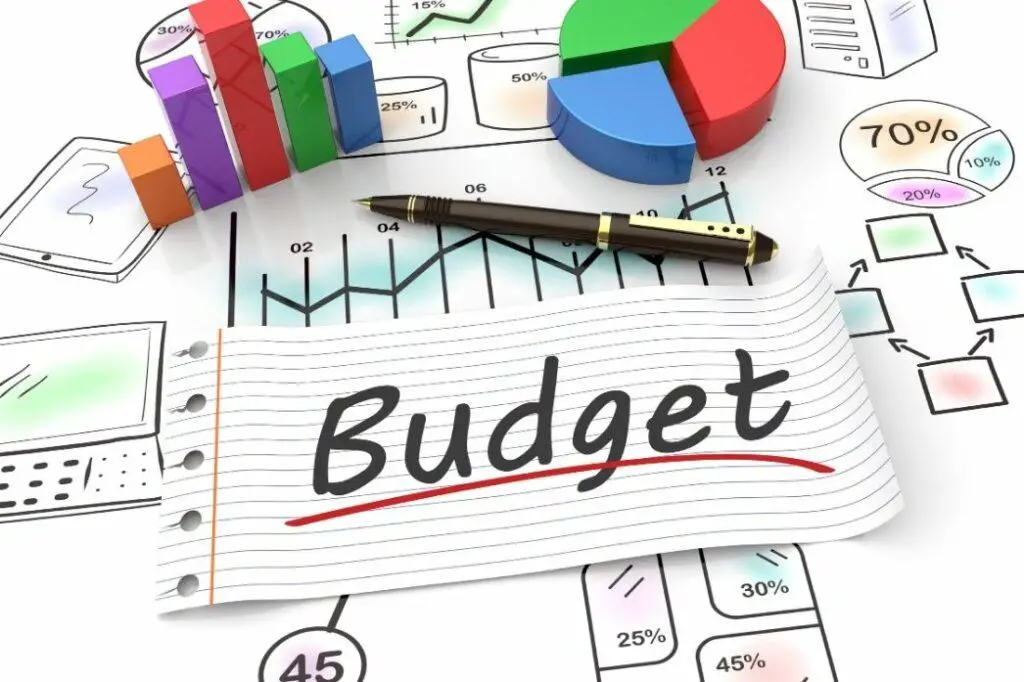
The whole point of creating a budget is living it. However, it is also the part where many people struggle: they go through the tedious process of perfecting their budgets but don’t bother or are too lazy to keep track of their discretionary spending.
This should be avoided at all costs because it will be challenging for you to know if you’re staying true to your money plans with no record to reconcile.
How to Fix it:
Use smartphone apps or spreadsheets to list your every purchase easily. Yes, including that drive-thru coffee you order every day. Small, “insignificant” items add up!
Learn More:
Comparison of the Best budget Apps in 2020
Free Budget Templates and Spreadsheets
Mistake #3: Spending Future Money

Serious issues can stem from spending the money that hasn’t been reflected in your bank account yet.
For example, you would think it’s okay to use your rent money to buy something today because you are to receive your salary the following week, anyway.
Then the next thing you know, you ran out of groceries and had to pay for gas, and now that the rent is due, and you have insufficient cash for it.
People who live paycheck after paycheck tend to develop this habit and make this budgeting mistake. It’s unhealthy and can put you in stressful situations, sometimes, in debt, which, of course, we don’t want to happen.
How to Fix it:
Set a mindset to treat future money as something nonexistent until it actually exists in your bank balance.
Mistake #4: Having No Emergency Fund
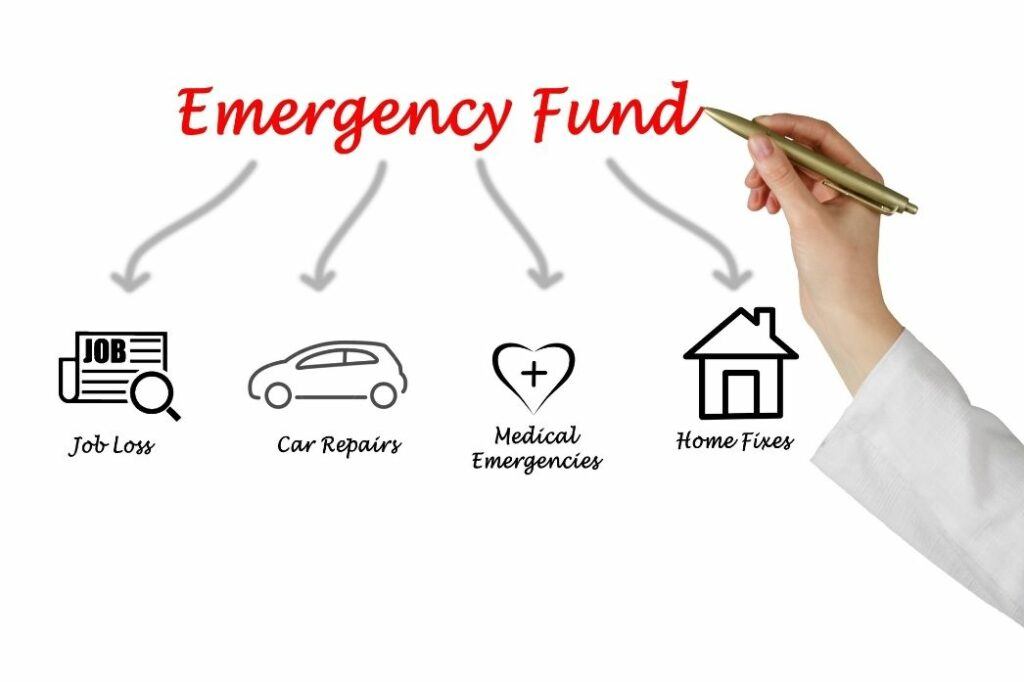
This is one budgeting mistake that’s not just common among beginners. Many people overlook having an emergency fund.
One thing the COVID-19 pandemic has taught us is the importance of having emergency funds. As Murphy’s law suggests, “anything that can go wrong, will go wrong,” and that’s just the reality of life.
I mean, who knew we’d be locked-in our houses for months because of a virus?
At an uncertain time like this, where there is a health risk, businesses are struggling, and unemployment rates are at an all-time high, it’s difficult to get by day by day not knowing if you’d still have enough to cover next month’s living expenses.
If you have one, emergency savings can provide some security and make life a bit easier for you than those who don’t have any back-up plans.
How to Fix it:
Experts recommend emergency funds to at least amount to 6 weeks’ worth of your earnings, ideally, more (3-6 months). You don’t have to come up with that much money all at once, though.
It’s okay to start with small monthly contributions to establish a fund. You can always increase it when your means permit you to do so.
Mistake #5: Not Accounting for Irregular Expenses

In connection to emergencies, some smaller financial surprises pop up now and then. One day, you might all of a sudden have to buy a gift for a last-minute party invite, pay for car repair, or home maintenance.
These expenses are tough to predict, but it’s always a good practice to anticipate whatever’s unexpected in budgeting.
You don’t want to find your wallet stretched too thin just because you did not prepare for irregular bills.
How to Fix it:
Don’t set your spending limits too low. Put aside an allowance of at least 20% on expenses and adjust accordingly. For example, if your budget for gas is at $80 per month, consider adding an extra 20 bucks as a cushion, then simply add any unspent dollars to your savings or emergency funds.
You can check out a variety of budgeting methods and choose which one works for you.
Mistake #6: Relying on Estimates

Overestimating or underestimating your actual cost of living is a recipe for disaster. You must know how much money is actually coming in and out of your pockets each month, or else your budget won’t work because it is not based on reality.
How to Fix it:
Monitor your spending habits for 2 weeks to a month before making a budget. Then use that as a basis when you finally write it all down.
Mistake #7: Using the Wrong Income Base
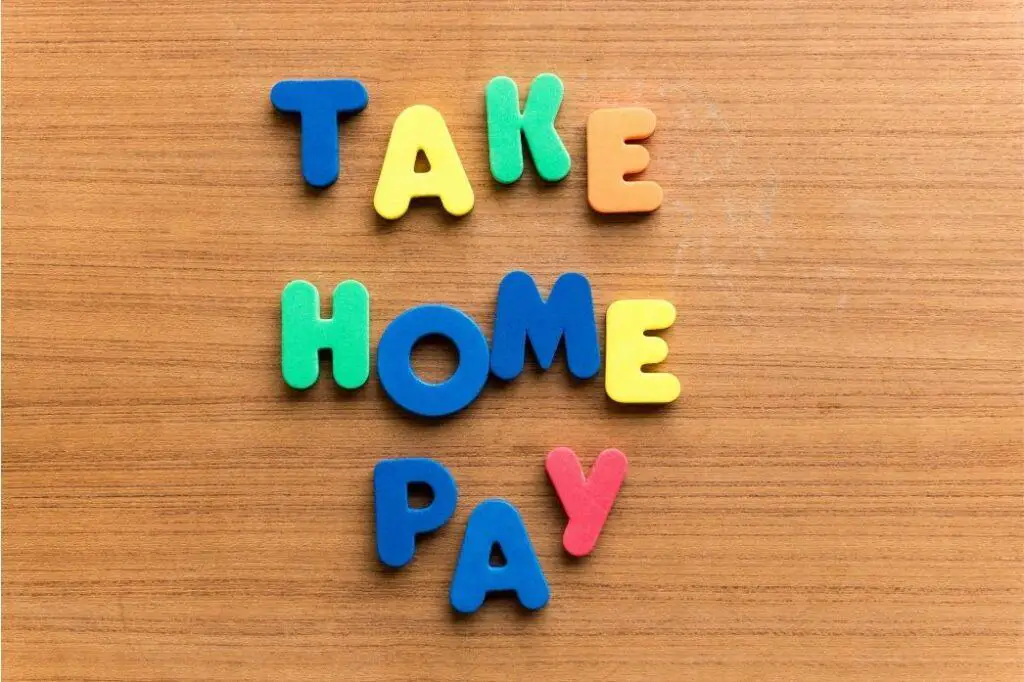
Gross income is your earnings before taxes and other deductions. Using it as your baseline when making a budget is a huge no-no because, by doing so, you are overstating your funds, which can lead to overspending.
Accuracy is a key component to a successful budget, so always be sure to use actual money inflow figures.
How to Fix it:
Base your plans on net or take-home pay.
Mistake #8: Not Revising or Updating Your Budget

Budgets should be reviewed regularly to reflect your current situation better. Say your husband got a salary raise, or you got a car with better gas mileage.
If you regularly update your budget, this could’ve let you allocate more money to things like groceries or maybe up your contribution to savings. Failure to consider these makes you miss opportunities to maximize your budget.
People who stick to one-time made budgets also run the risk of getting thrown off track by “expensive” months like Christmas and back-to-school seasons.
Birthdays are a good example of this as well. It is a risky move because gifts, school supplies, and parties can be really costly. The repercussions of not sitting down for an hour to plot these calendar-specific expenses may take you months to recover from.
How to Fix it:
Put reminders or set a schedule on your phone or calendar for updating your budget. As for seasonal expenditures, set an amount you plan to spend with specific occasions and then divide it evenly for the entire year.
Another way is to take a little from every paycheck and set it aside for such a purpose. Through this, it will be easier for you to save up for things like gifts without having to worry about holiday expenses breaking the bank every single winter.
Mistake #9: Trying to Keep Up With Others

Your neighbor just went overseas for a vacation trip. Does it mean you have to buy a ticket and hop on a plane as well?
Benchmarking your finances with that of other people is a pitfall you should stir away from. It’s a social trap, and it will do you more harm than good in the long run.
To be yourself in a world that is constantly trying to make you something else is the greatest accomplishment.
Ralph Waldo Emerson
How to Fix it:
Know what you can afford at the moment and focus on making the most out of that. Instead of comparing your financial status and feeling the need to keep up with those who are well off, look at their achievements as inspiration to accomplish your own.
Mistake #10. Not Setting Aside Fun Money

When managing finances, it’s understandable if your main priority is to fatten up those savings quickly. To do this, funds for leisure are the most common thing people choose to cut off from their budget, often labeling it as a “non-essential.”
Though you may be able to live without fun for a month or two, restricting yourself too much from things you enjoy will eventually have a boomerang effect. In this case, that may be financial burnout.
How to Fix it:
After exhausting your current balance to basic needs, put the rest to savings. Your money results from your hard work, so don’t neglect to pay yourself. Everyone needs to blow off some steam occasionally.
You may also like:
32 Realistic Ways to Save Money Easily Without Giving Up Too Much
Mistake #11. Giving Up

Trying to perfect your budget for the first time will only make you frustrated. Budgeting is a process, and mistakes are normal.
What’s important is for you to learn from them and use the lessons to do better next time. If you give up now, you’re not giving your goals a chance of being accomplished. You already started, and that, in itself, is already an achievement.
Don’t let your efforts just be wasted!
How to Fix it:
Learn to forgive yourself and accept that things don’t always go right the first time. Everything has a learning curve, and budgeting is not an exemption. Instead of quitting, find out what went wrong, fix it, and try again.
After all, this post was made to suggest what you should and should not do when budgeting and show that it’s common for people to make mistakes and that there are always solutions to budget problems!




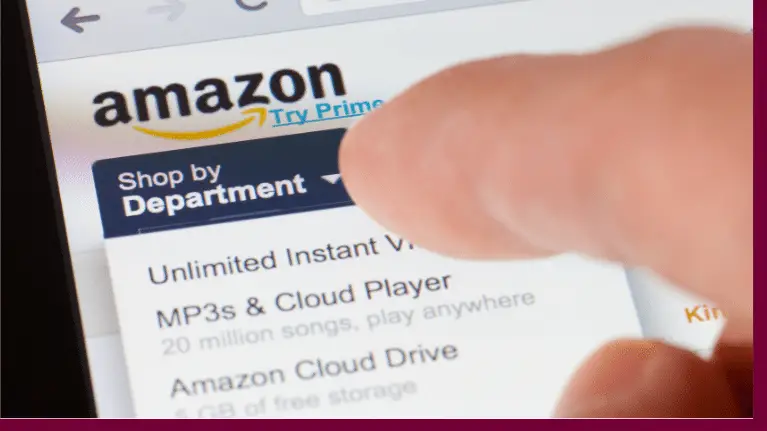






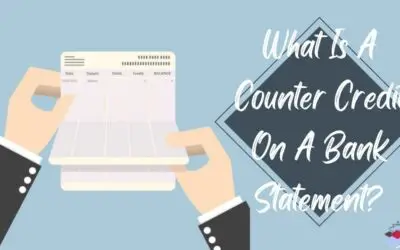
Great article Mosun,
I totally agree with point Number 9, that social trap is definitely a big mistake that many of us wouldn’t even notice. I too fell prey especially when I see my friends buying things that are expensive like the PlayStation 4 when it first came up but ended not even playing just to have the bragging right that I have one.
Definitely not worth it in the long run if we follow the social trap especially when we’ve already set our goals, we just have to set our mind to follow it instead. Have you ever fallen prey to social traps before too?
Yes Riaz, I’ve definitely eaten out for more lunches than I should have all in the name of “hanging out,” especially in college. But absolutely, setting goals helps to keep one focused.
Thanks for your comment, Riaz.
An excellent and very useful article on how to budget sensibly.
I agree that people need to budget in fun spending otherwise they can go off the budget too easily because it becomes boring.
Too many people live from day to day and week to week without any clear idea of how to manage their money. They literally lurch from one disaster to another. It is good to see a well set out, organised way of doing a budget that you can stick to more easily that does include all eventualities.
Thank you for sharing.
Spot on, Linda! Thank you for your feedback